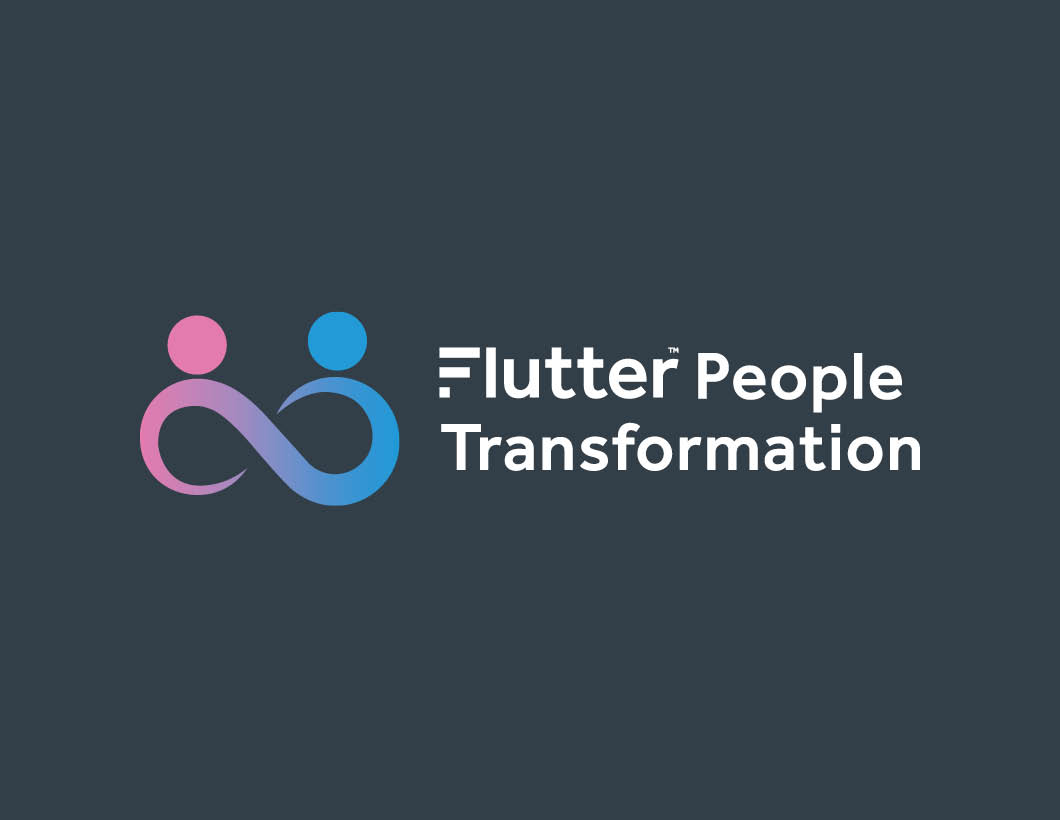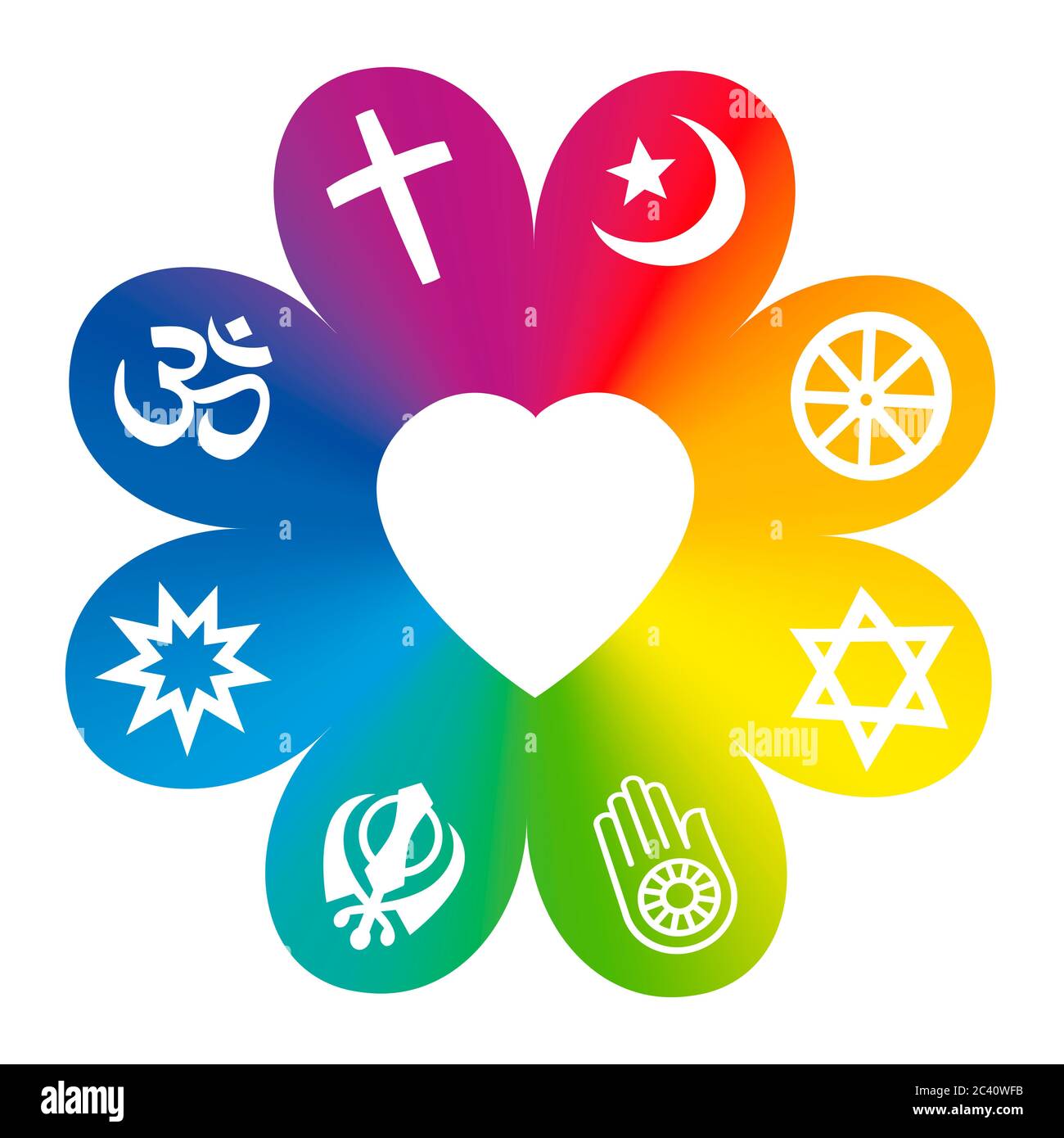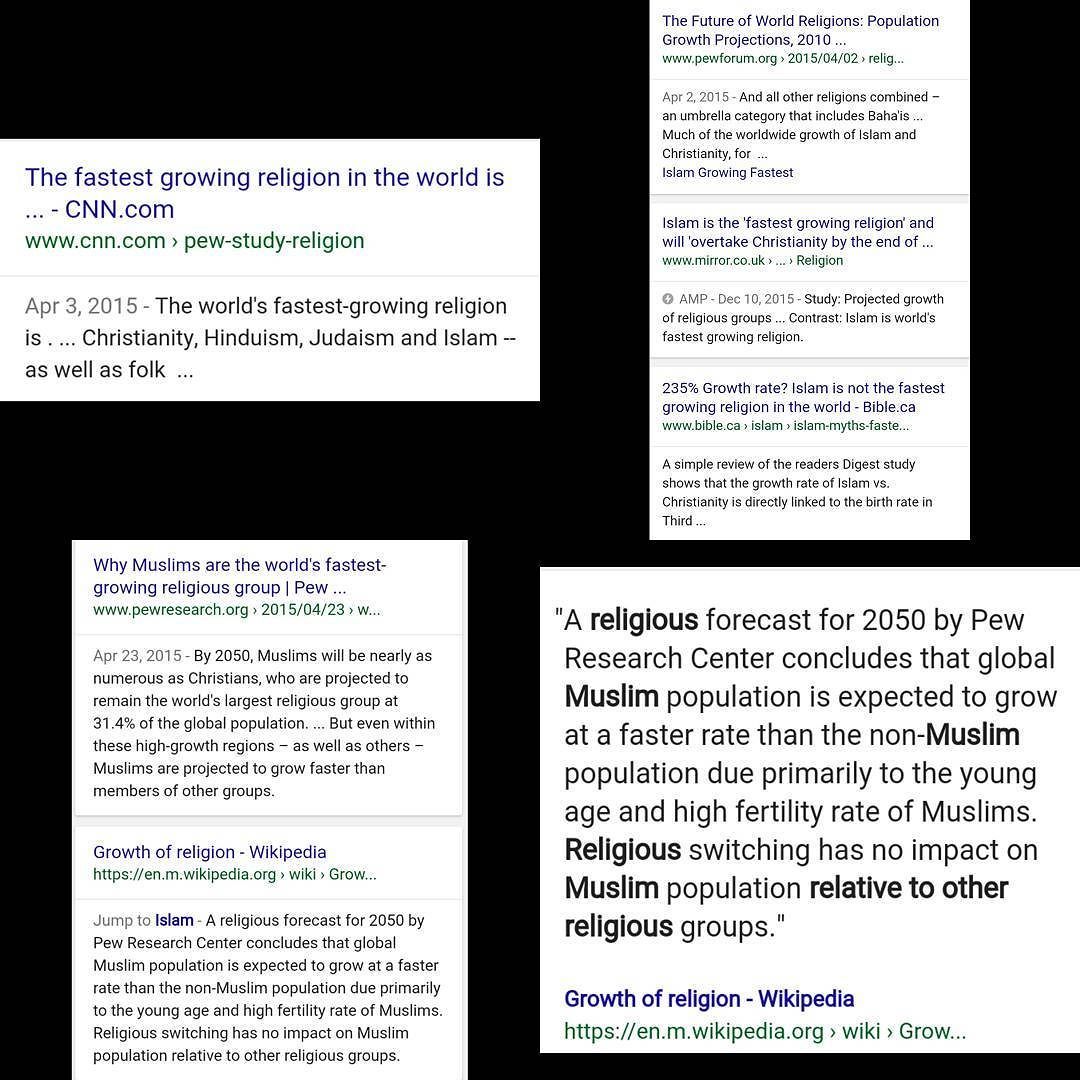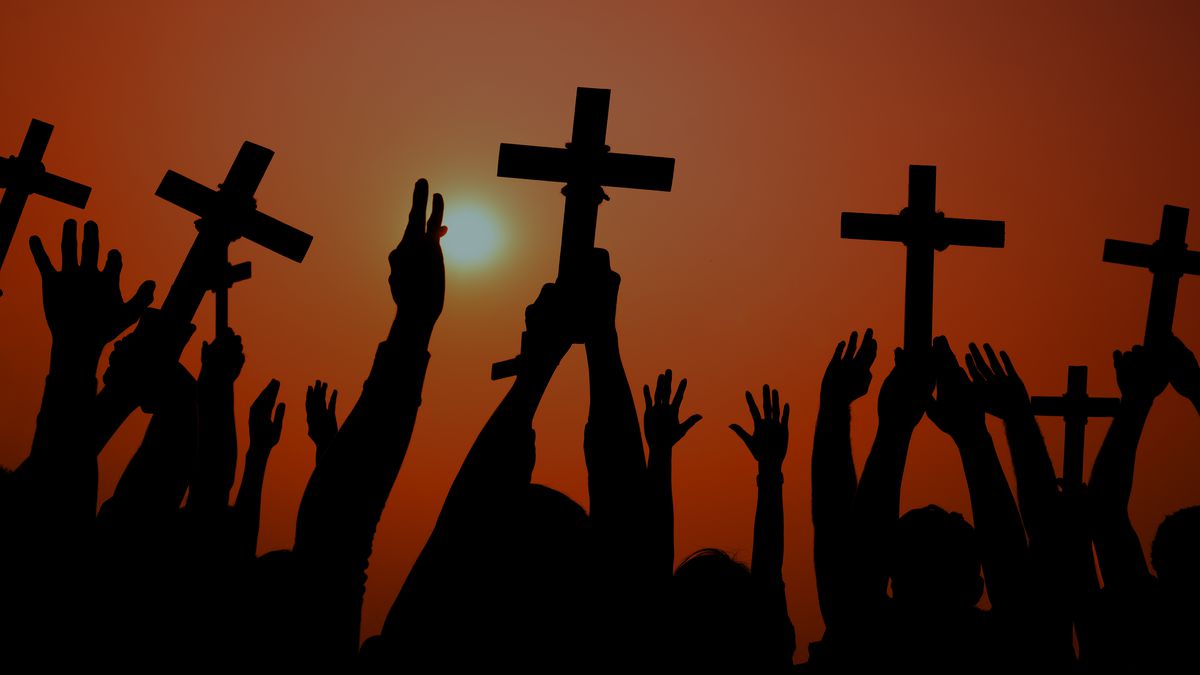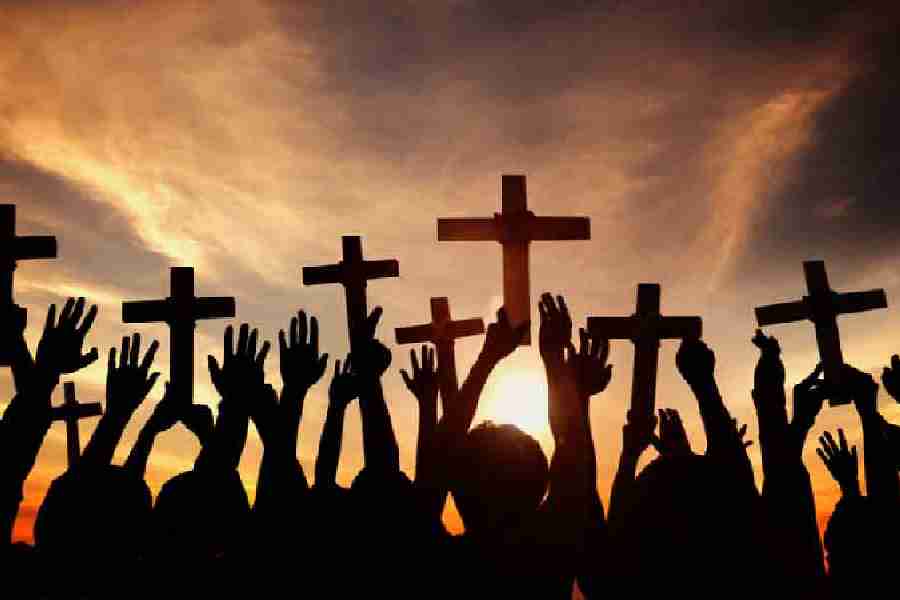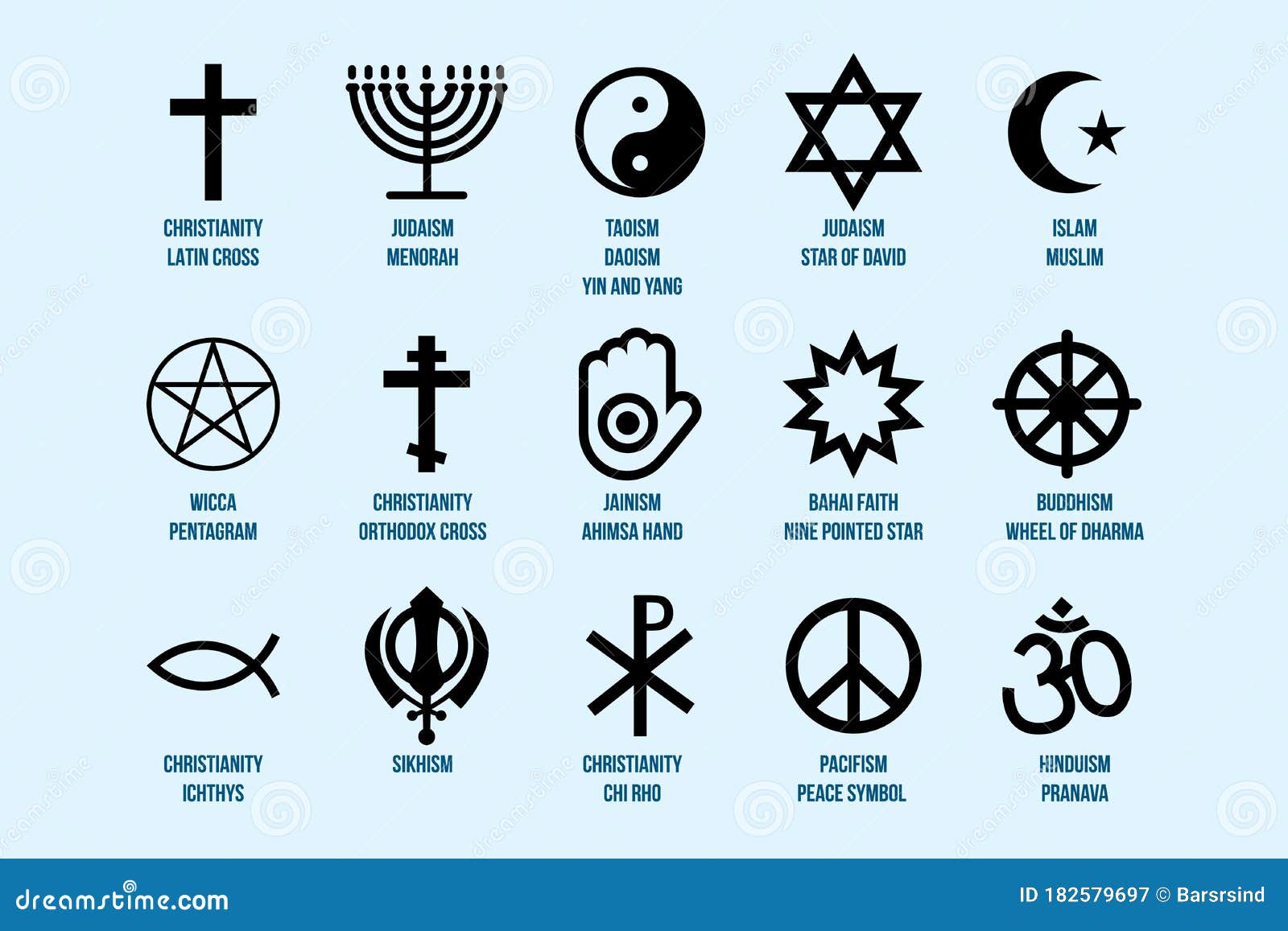Understanding Olodumare: The Supreme Deity in Yoruba Religion
Introduction
Across West Africa, especially among the Yoruba people of Nigeria, Olodumare is venerated as the Supreme Being , the origin of all creation and the highest authority in the Yoruba religious tradition. Understanding Olodumare requires a deep dive into Yoruba cosmology, philosophy, and the living spiritual practices that have shaped millions of lives across centuries. This article provides a comprehensive explanation of what religion Olodumare belongs to, how he is worshipped, and how interested individuals can learn more or participate in Yoruba spiritual practices.
What Religion Is Olodumare?
Olodumare is the Supreme Deity at the heart of the Yoruba religion [1] . Yoruba religion is an ancient spiritual tradition originating with the Yoruba ethnic group, primarily in southwestern Nigeria, but now practiced globally due to diaspora communities. Within this belief system, Olodumare is the ultimate source of power, wisdom, and life, revered as omnipotent, omniscient, and omnipresent [1] [2] . Other names for Olodumare include Olorun and Olofin , emphasizing different aspects of his divinity and authority [1] .

Source: depositphotos.com
The Yoruba religion is polytheistic, but Olodumare stands above all other deities (called
Orishas
). Orishas serve as intermediaries between humans and Olodumare, each with specific powers and responsibilities, such as fertility, protection, and wisdom. While the Orishas are actively worshipped and receive offerings, Olodumare is considered so transcendent that there are no direct shrines or sacrifices made to him
[2]
.
Olodumare’s Role and Attributes in Yoruba Belief
Olodumare is credited with the creation of the universe and all living things [1] . He is seen as the architect of destiny and the ultimate judge of human affairs [3] . Yoruba cosmology teaches that Olodumare set the grand design for the world and empowers the Orishas to manage its day-to-day affairs [1] .
Key attributes of Olodumare include:
- Omnipotence: Unlimited power over all creation.
- Omniscience: Complete knowledge of everything in existence.
- Omnipresence: Present everywhere at all times, ensuring cosmic balance.
Unlike other deities, Olodumare is not depicted with human-like features and does not interact directly with humans through physical manifestations. Instead, he is approached through prayers and the mediation of the Orishas [2] .
How Is Olodumare Worshipped?
Worship of Olodumare in the Yoruba religion is indirect. While Orishas have dedicated shrines, rituals, and offerings, Olodumare is honored through prayers, songs, and acts of devotion often directed through the Orishas [2] . There are no physical representations, images, or direct temples dedicated to Olodumare.
Practitioners may pray to Olodumare for guidance, protection, or blessings, but most daily spiritual practice involves working with the Orishas. Initiation into Yoruba religion typically involves learning about Olodumare’s role and the interconnectedness of all spiritual beings in the Yoruba pantheon.
Yoruba Religion Worldwide and Its Impact
Yoruba religion has spread far beyond Nigeria, notably to the Americas and the Caribbean through the Atlantic slave trade. There, Yoruba beliefs merged with local traditions and Christianity, giving rise to related religions like
SanterÃa
(Cuba),
Candomblé
(Brazil), and
Vodou
(Haiti). In these traditions, Olodumare remains the Supreme God, though sometimes under different names and with adapted rituals
[3]
.
Contemporary practitioners can access Yoruba religious communities online and in person. Many cities worldwide have Yoruba temples, cultural centers, and organizations that offer classes, rituals, and ceremonies. For those interested in learning more, consider searching for Yoruba cultural organizations, Orisha worship communities, or academic resources on African spirituality.
Accessing Yoruba Spiritual Resources
If you wish to explore Yoruba religion and Olodumare’s teachings, you can:
- Search for “Yoruba religion” or “Orisha temples” in your region to find local practitioners and communities.
- Consult academic institutions with African Studies or Religious Studies departments for scholarly resources.
- Read books and articles by Yoruba scholars such as Bolaji Idowu and Samuel Ajayi Crowther, who have written extensively on these traditions [2] .
- Participate in public events, workshops, or online forums focused on African spirituality and Yoruba cosmology.
For direct spiritual practice, you may consider:
- Learning traditional Yoruba prayers or songs.
- Studying the stories of the Orishas and their relationship to Olodumare.
- Connecting with practitioners for guidance on respectful participation in rituals and ceremonies.
Challenges and Alternative Approaches
One challenge in accessing Yoruba religious practice is finding authentic sources and communities, as misinformation and misrepresentation can occur. To avoid this:
- Seek out recognized Yoruba cultural organizations or elders.
- Verify the credentials of teachers and leaders through community references.
- Approach with respect, openness, and willingness to learn.
If direct participation in ceremonies is not feasible, alternative approaches include:

Source: animalia-life.club
- Studying Yoruba mythology and philosophy through verified books and documentaries.
- Engaging with online seminars or lectures from academic institutions.
- Practicing personal reflection on the values of harmony, community, and respect embodied in Yoruba cosmology.
Key Takeaways
Olodumare is the central, Supreme Deity of the Yoruba religion, standing as the source of all creation and order. Worship practices focus on indirect veneration through Orishas, with Olodumare embodying the highest ideals of power, wisdom, and compassion. For those seeking to learn more or participate, authentic engagement with Yoruba communities and scholarly resources is essential. Always prioritize verified information and respectful inquiry when accessing spiritual traditions.
References
MORE FROM cheerdeal.com




